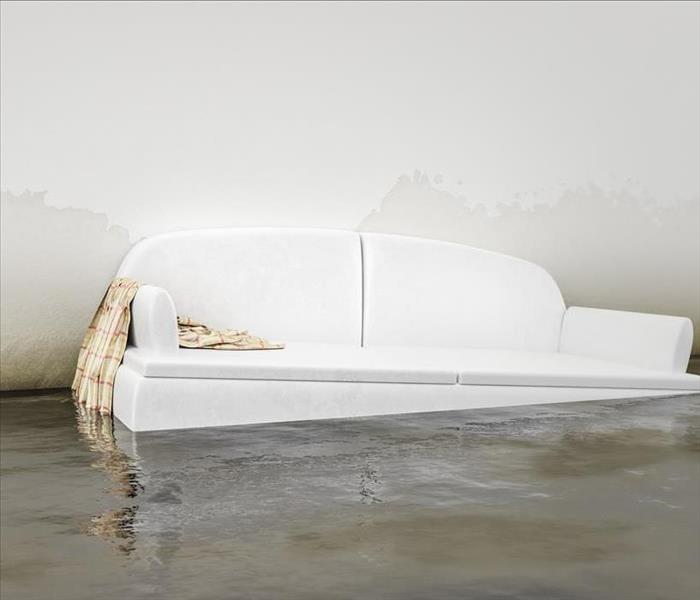3 Things You Should Do After Storm Damage
1/28/2021 (Permalink)
It is very important to file your flood insurance claim and take steps to mitigate your damage as soon as possible after storm damage occurs. The longer you wait, the more damage may occur to your property. These are three things you should do after your property is damaged by a storm.
3 Things To Do After Storm Damage
1. File an Insurance Claim
When large storms occur, insurance companies will be very busy trying to process all of the claims that result. If you have flood damage or wind damage from the storm, you should file your claim as soon as possible, so that you don't end up getting stuck at the back of the line.
2. Mitigate Your Damage
Because it may take a while for the flood insurance company to inspect your damage and give you the go-ahead to begin repairs, it is important to take steps to mitigate your damages while you wait. If you have a hole in your roof, place a tarp to prevent leaks from occurring while you wait for repairs. Board up any windows that have broken. If your home has water damage it is important to dry it out quickly to prevent mold damage. Consider contacting a water mitigation company in North St. Paul, MN, to get your property dried out fast.
3. Document Your Damage
Before you start making temporary repairs or removing damaged contents, document your damage for the insurance company. Take photographs or video of your damaged property. Keep receipts for materials and labor used to make temporary repairs. If you have any records that prove the value of your damaged property, gather them together.
Your flood insurance company may be overwhelmed with the volume of claims filed after a major storm. These three steps can help you prevent unnecessary damage to your home and ensure that your claim is processed as quickly as possible so that you can begin repairs.

 24/7 Emergency Service
24/7 Emergency Service
